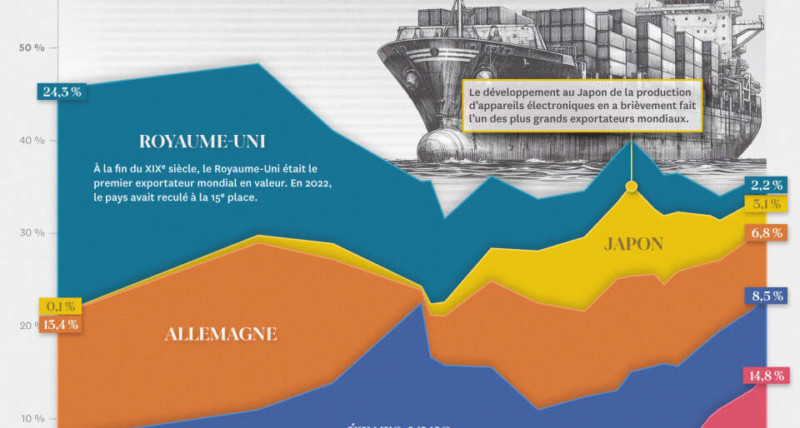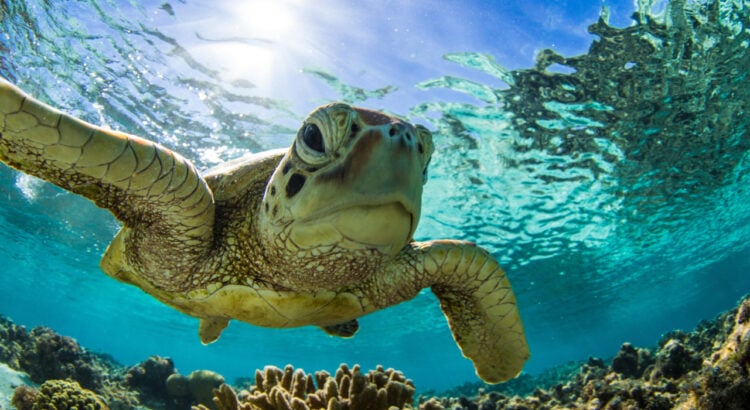In this article, Valentin Vigier, ISR Analyst at La Financière de l’Échiquier (LFDE), explains why the preservation of oceans and the development of a sustainable blue economy is « a future challenge with many facets. »
Every day, the equivalent of 500 containers of plastic waste are dumped into the Mediterranean, where the 3rd United Nations Conference on the Ocean will be held this summer. The development of a sustainable blue economy and the preservation of marine biodiversity will be at the heart of this summit, organized in Nice and Monaco. These collective challenges have also caught the attention of asset management, which selects and supports companies developing innovative solutions, particularly for the protection of marine biodiversity.
Threats to the Ocean
The Mediterranean is not the only one affected. Globally, plastics account for 85% of all marine waste*. The amount of plastic waste scattered in the waters is estimated to be nearly 200 million tons**, forming a 7th continent. The degradation of this pollution into microplastics makes it omnipresent. Its consequences also impact our health. According to a WWF study, we ingest nearly 5 grams of plastic per week, equivalent to the weight of a credit card**.
Solutions at the Source
The solution to this challenge will necessarily involve an agreement coordinating actions on a global scale. Companies and financial institutions, including LFDE and LBP AM, are joining coalitions such as the Business Call for a UN Treaty on Plastic Pollution, to urge governments to adopt a global treaty to combat plastic pollution. The 6th international negotiation session will open in August in Geneva.
As impact investors, we are convinced of the key role that companies play in developing solutions to preserve our ecosystems. We are particularly supporting companies positioned at the source, providing solutions that prevent the mismanagement of waste. One such solution involves working on packaging composition to make it biodegradable and improving recycling. Swiss group SIG, which designs sustainable food packaging solutions – producing nearly 57 billion packages in 2024 – is currently the only company in the world capable of replacing the aluminum foil in its packaging, making it more recyclable.
This process reduces the pressure of waste on biodiversity, particularly marine life. Another pioneer is Tomra Systems, which designs and operates systems for recovering and recycling packaging. Circular economy is at the heart of this Norwegian company’s business model, offering solutions for the collection, sorting, and recycling of waste, minerals, or for the food industry. All these actions contribute to preserving biodiversity by reducing marine pollution.
The 5th Largest Economy
While solutions exist, funding must be multiplied. Sustainable Development Goal (SDG) 14, Life Below Water, dedicated to protecting marine ecosystems, is currently the least funded of the 17 UN SDGs. Some of its targets, particularly those of Target 14.1, which aims to prevent and reduce marine pollution, are issues that have been taken up by asset managers and companies developing water treatment solutions, including wastewater treatment or ballast water management to limit invasive species. The economic value of oceans is estimated by the OECD to be $3 trillion by 2030, making it the 5th largest economy in the world. Their preservation and the development of a sustainable blue economy is a future challenge with many facets.
Source: linfodurable




